







Read More
M. Sc. Physics offers a wide range of courses covering various basic and applied areas of life sciences. The student develops an aptitude and scientific temperament to apply the technical skills in various important areas of physics such as Condensed Matter Physics, Nuclear Physics, Atomic, Molecular spectroscopy & Laser, Astrophysics, General Theory of Relativity & Cosmology, Plasma Physics etc. The course also offers various techno specific skills, universal ethics and elective courses considering overall development and employability scopes in research, industry and teaching sectors. The course duration is for a period of 2 years.
Year wise Course Details
Courses for this semester
This subject teaches the theory and principle of electrodynamics and their applications in solving problems with different boundary values.
Classical Mechanics involves the study of Lagrangian and Hamiltonian dynamics, central force motion, rigid body dynamics and theory of small oscillation.
This course covers the theoretical basis of quantum physics. It includes the topics as de Broglie waves, and the wave-particle duality of matter and light. Introduction to wave mechanics: Schrödinger’s equation, wave functions, wave packets, probability amplitudes, stationary states, the Heisenberg uncertainty principle, and zero-point energies. Solutions to Schrödinger’s equation in one dimension: transmission and reflection at a barrier, barrier penetration, potential wells, the simple harmonic oscillator. Symmetry and invariance principle and conservation. Space and time translations, rotational invariance under infinitesimal and finite rotations, angular momentum operators are also included.
Participation in extracurricular activities enhances leadership, teamwork, and communication skills, fosters creativity and critical thinking, and promotes personal growth. Students develop resilience, adaptability, and social responsibility, gaining competencies that complement academic learning and prepare them for real-world challenges.
Courses for this semester
This course aims at acquiring the knowledge of matter in the condensed phase, their structural, electrical, and magnetic properties. The students will be able to compute parameters related to extent and nature of crystallinity, conductivity, defects etc and the way these affect some basic properties.
The course will discuss nuclear physics. Properties of nuclei and details of popular nuclear models, properties of nuclear decays and nuclear reactions will be discussed in brief, but in a self-consistent manner. Study of different nuclear models are also included in the course.
Through the electronics course, students will the knowledge on semiconductor devices such as Diodes, Zener diode as voltage regulator, transistors, Solar Cell, Photodetectors, LED etc. they will learn about amplifier logic gates and their designs.
This course deal with the concept and develop ideas of basic mechanics. It includes the statics and dynamics of motion. Concept of waves and properties are also included in this course.
Courses for this semester
The broad objective of the course is to provide a knowledge about the spectra of atoms and molecules and lasers.
Students will acquire advanced theoretical knowledge of lattice vibration, optical, magnetic, semiconducting and superconducting properties of matter. Students will learn about electrical and magnetic properties of materials. Various optical processes like absorption, photoluminescence, etc. are going to be taught in the course Assimilating these properties, they will be able to compute parameters for some specific problems, generate ideas for some device fabrication and utilize in research application.
students will know about the Celestial coordinate systems, Interstellar matter, stellar evolution, the solar system, formation of galaxies and stars.
This course deals with the Spectroscopic aspects of nonlinear optics and Raman scattering.
Courses for this semester
This course deals with the concept of elementary particles along with their classifications. It also includes principle of nuclear detectors and also nuclear reactions.
The course aims to provide adequate understanding to the elements of the General Theory of Relativity and Cosmology.
the students will able to know the basics of plasma physics. The course provides a comprehensive description on the physics of plasmas along with the knowledge on plasma parameters and plasma waves.

CST- Common scholarship test is a national and international level online MCQ based examination funded for intellectual empowerment by Assam down town University.
CST- Maximum enrolment each year is 120 seats and any 10+2 students can apply. Adtu is northeast India’s first placement driven university to provide 100% scholarship benefits worth 10 cr.
CST aims to inspire brilliant and competent students to pursue further education. Accredited with a prestigious grade by NAAC, UGC and AICTE.
Explore more scholarships that can help you reach out your goal with financial aid.
This scholarship is valid on the basis of the board/university examination
| 95% & above | 100% Scholarship on all semester |
| 90%-94.9% | 50% Scholarship on all semester |
| 80%-89.9% | 25% Scholarship on all semester |
This scholarship is valid on the basis of the board/university exam
| National & International Level | 100% Scholarship on all semester |
| State Level | 50% Scholarship on all semester |
| District Level | 25% Scholarship on all semester |
This scholarship is valid on the basis of the board/university exam
| National & International Level | 100% Scholarship on all semester |
| State Level | 50% Scholarship on all semester |
| District Level & NCC Certificate Holder | 25% Scholarship on all semester |
Discover a multitude of world-class amenities and cutting-edge resources at Assam down town University, enhancing your academic journey to new heights.
The Start-Up & Incubation Centre at Assam down town University provides a supportive environment for young entrepreneurs to develop and grow their business ideas. The center provides mentorship, funding, and networking opportunities to help innovative ideas become successful businesses.
SFURTI scheme to support rural entrepreneurs and innovators, an initiative by the Ministry of MSME
TIDE 2.0 scheme for ICT-based startups which provides a grant of Rs. 4L and Rs. 7L under EiR and Grant categories respectively, an initiative by the Ministry of MeitY.
dtVL Ideation, an incubation program for early-stage entrepreneurs with a market-ready solution/product, offering interest-free loans up to Rs. 2 lakhs.
Sprout UP, an incubation program for students, faculties, and researchers with innovative business ideas, prototypes, or technology solutions.






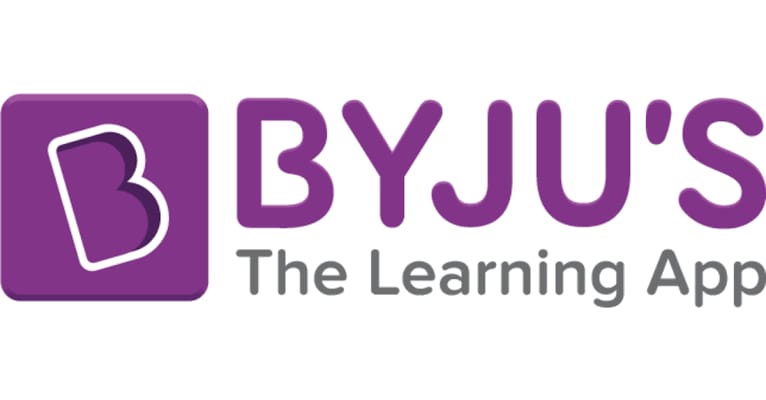



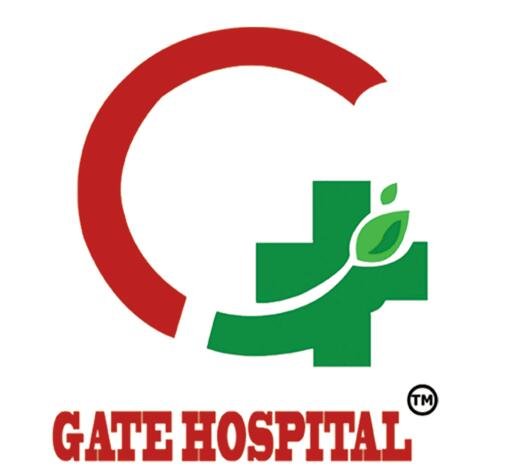
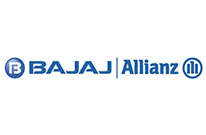


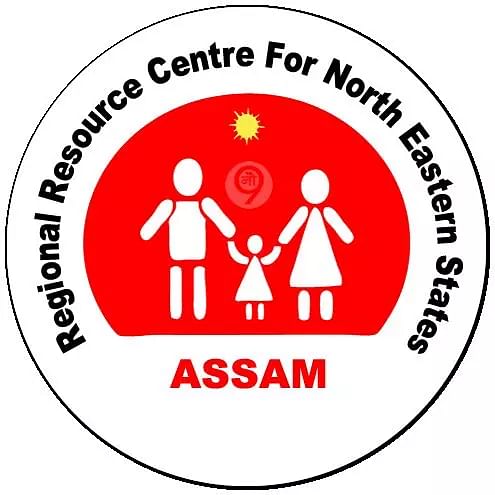





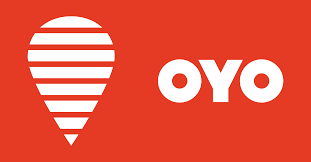






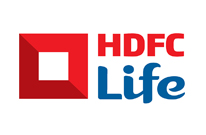
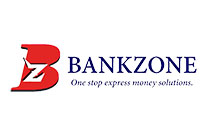


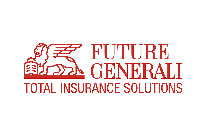
.png)







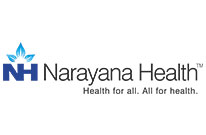

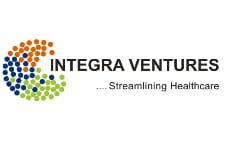





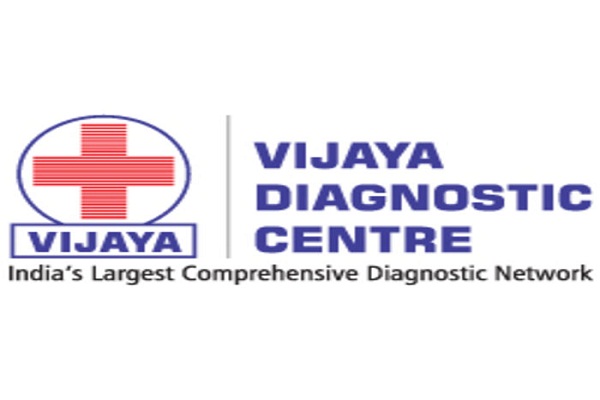
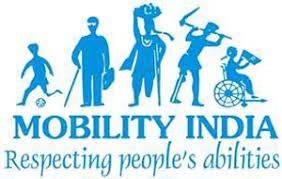
"I am a BBA student of 3rd semester. I hail from Bhutan. I vow that I am having a great experience i...
"AdtU is amazing. I am a BBA student of 2019-22 batch and I am just grateful for the amount of oppor...
Let us be grateful to the people and place who makes us happy. They are the charming gardeners whom ...
Currently I am pursuing MBA in Assam Down Town University. MBA is the professional course through wh...
AdtU is a university that focuses on giving knowledge, education and simultaneously making the stude...
The Assam downtown University has been a great learning experience. The university has provided me w...
My experience with AdtU has been splendid one indeed. Little needs to said about its scenic infrastr...
As a student I am very glad that I have got an opportunity to study here in Assam downtown universi...
My name is Sakhyajit Roy. I?m from Tripura. I joined the university on Auguest, 2017 as a student of...
I share immense pleasure to share my post graduate program experience in Assam down town University....
AdtU is a platform where I got golden opportunities to feed my zeal for knowledge through the dynami...
I am fortunate to get an opportunity to study here in Assam Downtown University. The best thing abou...
Our university is one of the best place for developing ourselves in the field of research and acedem...
ADTU is a university that is very good interms of infrastructure, academics and placements. Our tea...
It is one of best private colleges in North East India, it also provides a good environment for ed...
ADTU is a good University which provides the students with best quality lectures and ensures comfort...
The environment of Assam downtown university is very pleasant.The department of BMLT is very good a...
The university has all the necessary facilities and amenities for students . The classrooms and the ...
Assam downtown University is well recognised all over india. In the ongoing pandemic situation it ha...








